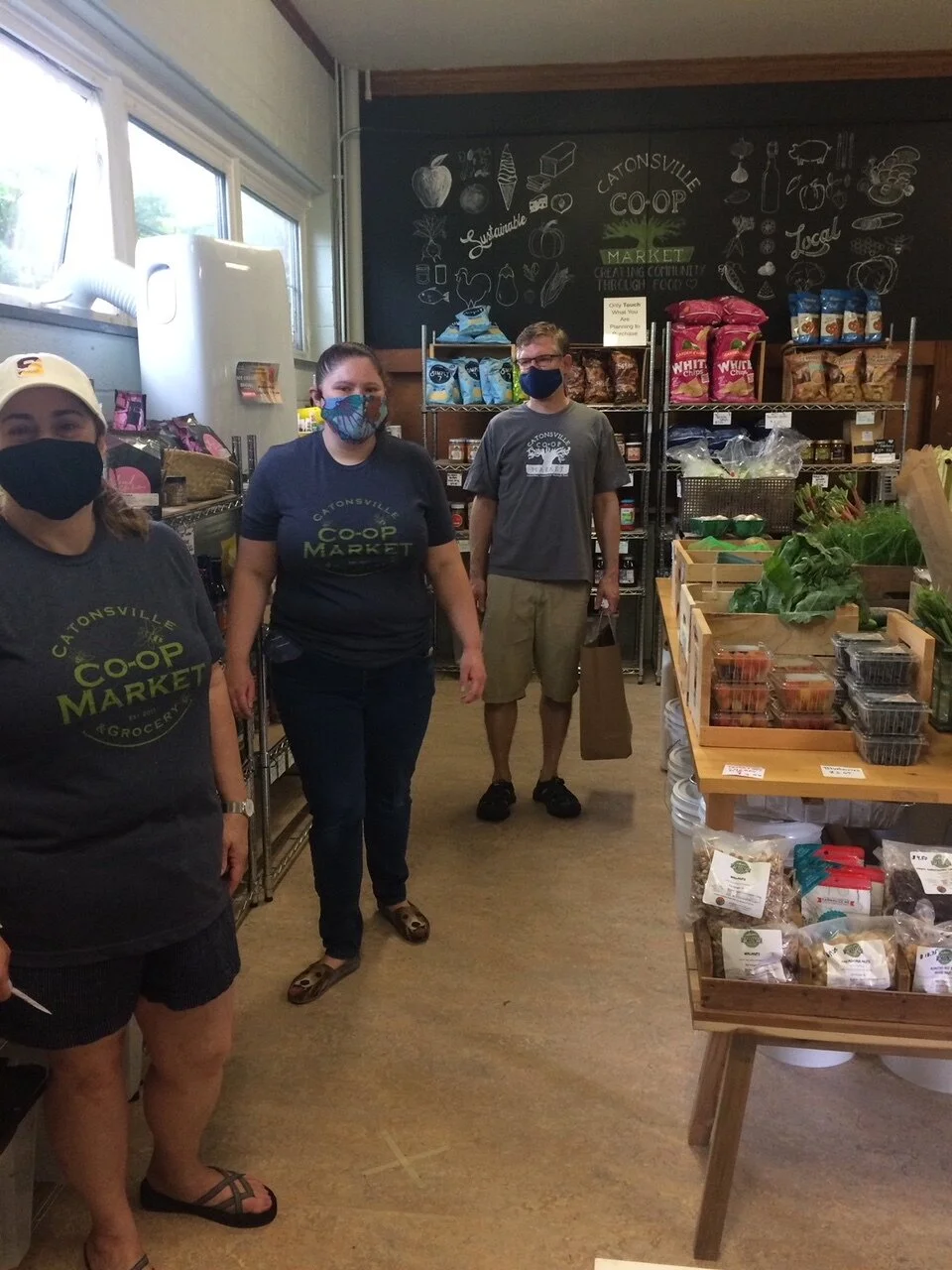by Mary Ann Kingsley
What does a cooperative ecosystem look like? What I learned from my study tour of the Mondragon cooperative conglomerate in the Basque Region of Spain
Try imagining what a cooperative ecosystem might be like.
Having troubles?
Americans may have difficulty envisioning a world where cooperative enterprises play a large role in the economy, our social network, and impact our everyday work lives.
For example, a cooperative ecosystem might be a place where worker-owners vote for their company’s leadership and receive dividends from the company’s profits. Where the average gap between the highest paid person in the company and the lowest paid is only 6:1. Where life-long career development, training and education of workers is frequent and significant. Where giving back to the community is a core value that happens before dividends are shared. And where companies work together for mutual success, with the well-off companies providing support to startups or those having a bad year.
From June 15 to June 23, 2024, as one in a group of graduate students enrolled in the online master’s program in cooperative management through the International Centre for Cooperative Management (ICCM) at Saint Mary’s University based in Halifax, Nova Scotia, I enjoyed the Basque country, learned about Mondragon cooperatives, exchanged experiences from each other, and found insights we could apply to our own organizations. Led by the host of Mondragon’s executive education co-op, Otalora, Ander Exteberria, and ICCM facilitators, our group was treated to presentations and tours that exhibited both the broad range of cooperative enterprises within the Mondragon conglomerate as well as the strategic choices that shaped the history of the Mondragon experience.
Here are the basics: Mondragon today employs about 80,000 people in network of 95 cooperatives, and over 150 other entities abroad (i.e. production plants, sales and service entities). Its annual income is 11 billion Euros. Of the cooperatives, 49 of them are industrial worker co-ops, other areas include finance (Spain’s second largest credit union), R&D, educational (including Mondragon University), and services in health, welfare, and mutual insurance. All are worker cooperatives. The largest consumer co-op of the group (actually a multi-stakeholder co-op of workers and consumers) is Eroski, which has almost 1,000 grocery stores in Spain, France, and the UK. Eroski employs about 30,000 workers and 9,500 of these are worker-members. Consumer-members are over 1.3 million. We are talking big.
Our study tour provided critical perspectives from academic experts, knowledgeable outsiders, and internal members that helped us get a view of the challenges the world’s largest worker cooperative faces today and going forward. Here are some key impressions I took home from this experience.
Mondragon’s Foundation Mondragon’s culture is unapologetically ambitious, structured, and guided by a clear set of values and principles. It knows, accepts, and champions what it is, and is transparent about what it is not. This is possible because of its strong foundation in the philosophy, teachings, and actions of Father José Maria Arizmendiarrieta (commonly called Father Arizmendi), a young priest who came to Mondragon in the 40’s when the town of Mondragon was impoverished and socially disrupted by the Spanish Civil War. At that time, the town of Mondragon was known as the site of the largest population killed by noncombatants – those shot by contacts who betrayed their neighbors to the police. The priest and the curate there before Arizmendi came were both shot dead.
In this hostile context, Father Arizmendi developed the cooperative spirit and leaders that founded the Mondragon Cooperative Group. He was a profound visionary of cooperativism, a firm believer in the power of education, and a no-nonsense advocate that beliefs must be put into actions. Mondragon presenters said their cooperatives were guided by his values of human dignity, solidarity, education, and work permeate many aspects of the parent base of Mondragon. If you want to be inspired, read Reflections, a collection of excerpts of Arizmendiarrieta’s writings.
The study in contrast between Mondragon’s soaring development of people’s intellect, solidarity, and spirit, and the hard-nosed, clannish pragmatism of Basque self-reliance and autonomy are what I take back as a fundamental aspect of Mondragon’s cooperative system. One researcher wrote that Arizmendi said “’The economic revolution will be moral or it will not succeed... the moral revolution will be economic or it will not succeed.’ Thus goodwill and intentions are important but they are not enough. Efficient business structures are also a fundamental necessity.” This balance, or equilibrio, is noted by other academics as the first of nine guiding principles of Mondragon: “This linking of social, economic, and technological ideas was important not only in shaping the internal development of each cooperative but in beginning the development of a network of mutually supportive cooperatives” (Whyte & Whyte, 1991).
Be Strong and Smart: Defensive and Offense Strategies
If Mondragon cooperative development were a soccer team (and Spain did win the Euro Cup this summer with nine Basque players on the team), it would show a pattern of play filled with aggressive defensive and offensive strategies.
Mondragon’s defensive strategies are to develop strong, resilient cooperatives that can withstand adverse conditions. These include, among others: prioritization of local development; creation of its own source of financing and technical assistance; creation of its own social safety net, including employee retention. This toughness and self-reliance were the key to Mondragon’s growth and prosperity.
Offense strategies make the co-ops nimble and smart. These include innovation, education, transparency, internationalization (this is controversial), and the development of people. I learned these through our readings prior to the trip but while visiting the emphasis on innovation was striking. Innovation and business acumen is prioritized to out-play the competition. Becoming a multinational with non-cooperative member subsidiaries in low-wage countries in the 1980’s in order to compete with multinationals has become a point of contention that led one thoughtful academic we met to coin Mondragon co-ops as “coopitalist multinational hybrids” (Errasti, 2024). But Mondragon leaders are unapologetic (remember that these leaders are voted in by their members). Any thought of a co-op existing just to serve its community, as we often think about with food co-ops, goes out the window here. All co-op startups within Mondragon must show a strong and inventive business strategy.
Develop Common Purpose through Commitment, Study, and Training
Mondragon works hard to develop a common purpose among its members through its social values, distribution of ownership and wealth, and democratic process. Each worker invests about € 17,000 (varies by co-op) of personal funds to become a co-op member. They receive training in their rights and responsibilities, participate in governance and are expected to share in the responsibility for success. The “why” – why should we do this? – is implicit in the culture and is made explicit through training that clearly shows the benefits of cooperation, solidarity, and social responsibility. This point of common purpose is crucial and they do not take it for granted.
To really understand this, I would direct you to an excellent series of videos put out by our host, Ander Exteberria, called Explore Mondragon (select English subtitles). Ander is as open, generous, and committed as he looks in these videos and you get a chance to see the beautiful Basque scenery and the diversity of Mondragon enterprises. We were treated to a dinner Ander hosted for us at his social/culinary club. These are actually a tradition in the region – a place to entertain your friends with a professional kitchen where you cook but they hire someone to clean up! Great idea!
Beginning with Father Arizmendi, education holds a central place in Mondragon. States a business expert: “the nature and success of Mondragon is integrally related to its growth and development as an educational system.” Mondragon best practices are to invest in people continuously to ensure that talent and skills be developed in both technical and cooperative areas.
For co-op start-ups, the Mondragon network provides an ideal combination of technical assistance, investment, and ongoing monitoring to the new enterprise - but lets the new enterprise create the team, the market, and give them 3-5 years to become financially secure.
Beyond this, Mondragon builds educational centers within its network to ensure continuous learning and, if needed, retraining in technical skills. We visited Mondragon University, spoke to professors there, and met with leaders from LKS, a consulting service that provides worldwide services in cooperative development. The facilities and investment in education and training are impressive indeed!
Take Home Lessons
Despite the obvious differences in scale, cooperative type, and impact, I returned from the Mondragon study tour with several important lessons for our little co-op, Catonsville Cooperative Market. These include:
Create a shared understanding of the “why.” We should be bonded by a common purpose and shared values.
Invest in people as our offensive strategy. We should find good mentors, study together, and create a learning environment that prepares us for carrying out our business strategies and community responsibilities.
Invest in infrastructure as our defensive strategy: without investment and commitment to our goals we won’t be strong enough to overcome hard times and difficulties.
Expansion should be done deliberately to develop long-lasting impact over time. Like Mondragon, we need to carefully create the conditions for lasting, generational success that works in good times and in bad.
My Mondragon study tour brought unforgettable impressions of the Basque country and culture, lasting memories of great conversations with my colleagues and presenters, and a snapshot of a magnificent, resilient cooperative system that withstood global economic crisis and managed growth while maintaining important aspects of democratic representation.
For more information about Mondragon, I recommend these sources:
Balch, O. (2024, April 24) “‘In the US they think we’re communists!’ The 70,000 workers showing the world another way to earn a living. The Guardian. https://www.theguardian.com/lifeandstyle/2024/apr/24/in-the-us-they-think-were-communists-the-70000-workers-showing-the-world-another-way-to-earn-a-living
Explore Mondragon 01: Main Characteristics of the Mondragon Cooperatives
Reflections by Don José Maria Arizmendiarrieta
Romeo, N. (2022, August 27). How Mondragon Became the World’s Largest Co-op. The New Yorker. https://www.newyorker.com/business/currency/how-mondragon-became-the-worlds-largest-co-op
References
Errasti, A. (2024, June 21). The challenge of democratizing the multinational enterprise: The case of the Mondragon cooperatives. Presentation slides.
Morrison, R. (1991). Chapter 7-Social structures: The elaboration of the Mondragón experiment. In We Build the Road as We Travel (pp. 135-166). Gabriola Island, BC: New Society Publishers.
Whyte, W.F. & Whyte, K.K.. (1991). Chapter 2-The Basques. In Making Mondragon: The Growth and Dynamics of the Worker Cooperative Complex (pp. 9-2). Ithaca, NY: ILR Press/Cornell University.











